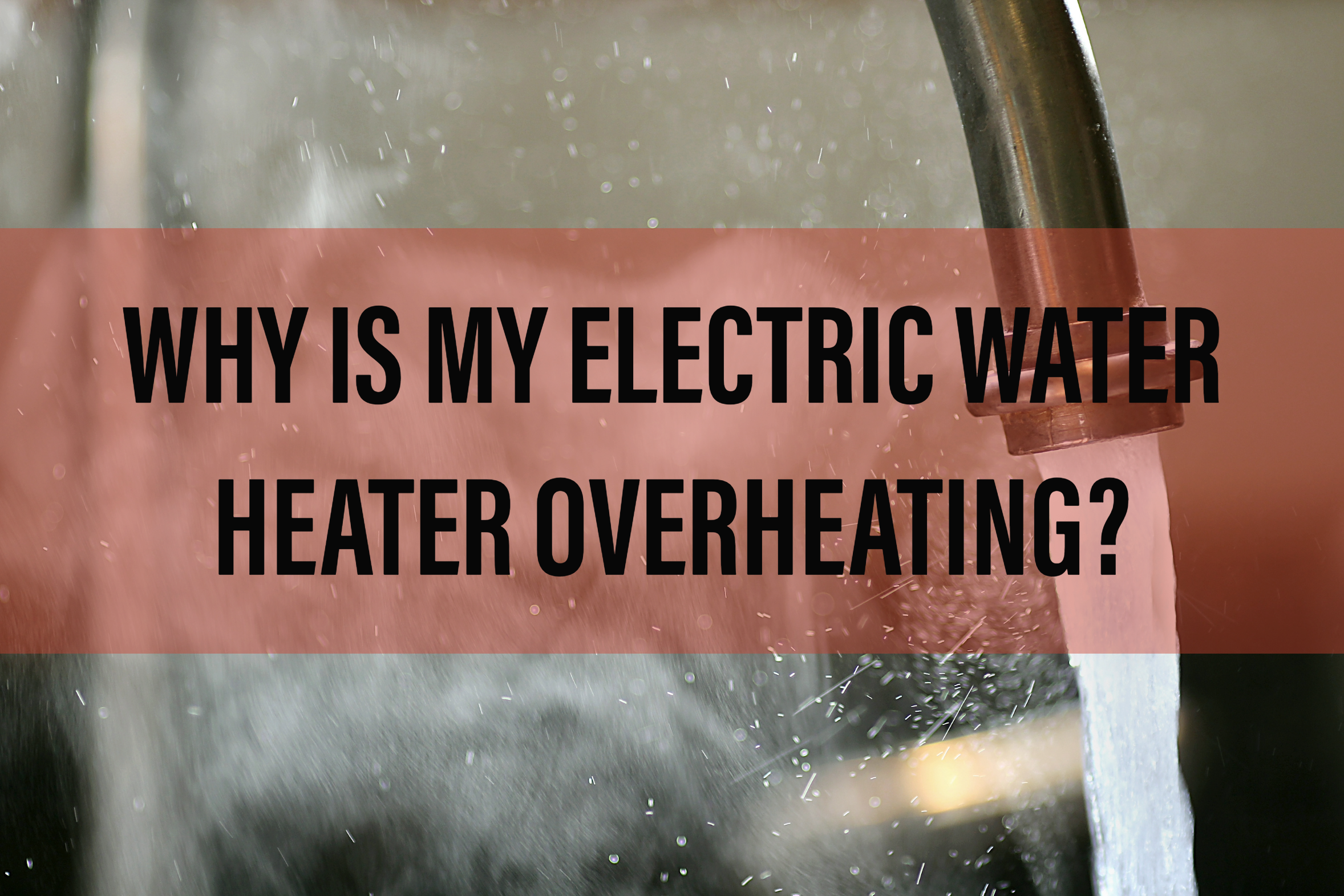Electric water heaters offer modern comfort and convenience – that is, until they start overheating, resulting in scalding water and potential damage to the unit. This is one of the cons of electric water heaters. So, if you’ve found yourself in this situation, it’s natural to wonder about the causes and the necessary steps to remedy it. Fortunately, your experts at New Albany Plumbing & Drain are here to provide insight into the three most common reasons your electric water heater might be overheating.
1. WHAT ABOUT THE THERMOSTAT?
The thermostat in your electric water heater is the control hub responsible for regulating the water temperature inside the tank. However, issues with the thermostat can lead to overheating. Here’s why:
- The Settings Are Too High: A thermostat set to an excessively high temperature will continuously heat the water to that elevated level, even if it’s unnecessary. This not only wastes energy but can deliver dangerously hot water.
- The Thermostat is Malfunctioning: If the thermostat malfunctions, it may inaccurately measure the water temperature or fail to control the heating element effectively, causing it to remain active longer than required, resulting in overheating.
To diagnose whether the thermostat is the culprit, begin by verifying that it’s set to an appropriate temperature. If the problem persists, it’s prudent to engage a professional to inspect and potentially replace the thermostat.
2. WHAT ABOUT THE HEATING ELEMENT?
The heating element is tasked with heating the water inside your electric water heater. Over time, like any mechanical component, it can degrade, leading to inefficiencies and overheating issues. A malfunctioning heating element may become stuck in the “on” position, continuously heating the water, even when it has reached the desired temperature. This persistent heating can result in overheating. Another reason overheating happens is when a heating element deteriorates, it loses its ability to heat water efficiently. To compensate, it may remain active for longer durations, again contributing to overheating.
If you suspect a malfunctioning heating element, it’s advisable to seek professional assistance. A licensed plumber can diagnose the issue and, if necessary, replace the element, restoring your water heater’s efficiency.
3. WHAT ABOUT SEDIMENT BUILDUP?
Over time, sediment, primarily comprised of minerals and debris from your water supply, can accumulate at the tank’s bottom. Then, the accumulated sediment acts as an insulator, forming a barrier between the heating element and the water. Consequently, the heating element struggles to transfer heat efficiently, leading to overheating.
To address sediment buildup, it’s crucial to periodically flush your water heater tank. (One reason why annual maintenance is essential.) Given the involvement of both water and electricity, it’s highly recommended to have a licensed plumber perform this task for safety reasons.
An overheating electric water heater requires prompt attention to prevent scalding, unit damage, and increased energy costs. By understanding these common causes of overheating and taking appropriate measures, you can ensure your electric water heater operates safely and efficiently, providing you with a continuous supply of comfortably warm water. If you’re facing overheating issues beyond your capabilities, please don’t hesitate to reach out to us.
Call New Albany Plumbing & Drain today at (614) 245-3319, or schedule an appointment online now by clicking here!




